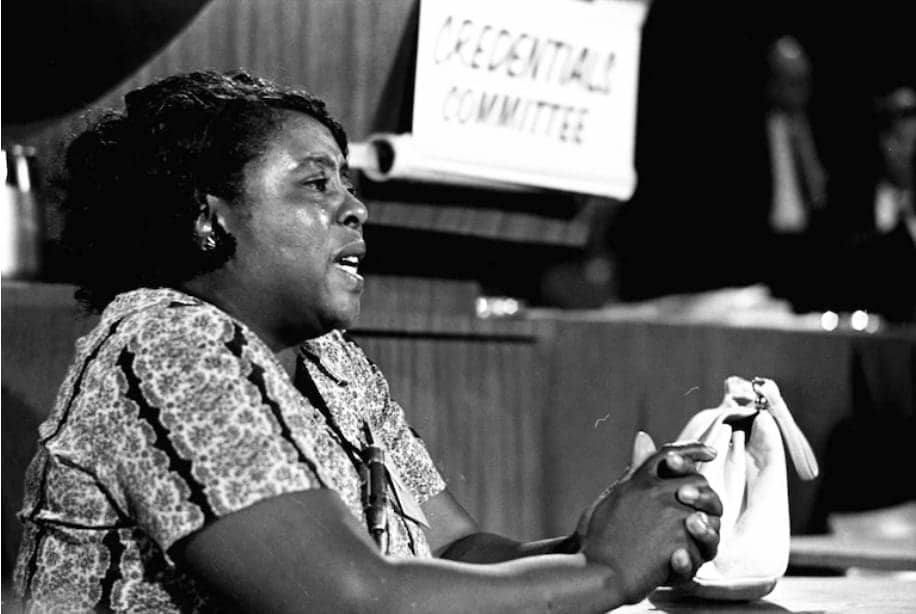
by Anonymous Black Person
We can’t go jogging (#AmaudArbery).
We can’t relax in the comfort of our own homes (#BothemJean and #AtatianaJefferson).
We can’t ask for help after being in a car crash (#JonathanFerrell and #RenishaMcBride).
We can’t have a cellphone (#StephonClark).
We can’t leave a party to get to safety (#JordanEdwards).
We can’t play loud music (#JordanDavis).
We can’t sell CDs (#AltonSterling).
We can’t sleep (#AiyanaJones)
We can’t walk from the corner store (#MikeBrown).
We can’t play cops and robbers (#TamirRice).
We can’t go to church (#Charleston9).
We can’t walk home with Skittles (#TrayvonMartin).
We can’t hold a hair brush while leaving our own bachelor party (#SeanBell).
We can’t party on New Year’s (#OscarGrant).
We can’t get a normal traffic ticket (#SandraBland).
We can’t lawfully carry a weapon (#PhilandoCastile).
We can’t break down on a public road with car problems (#CoreyJones).
We can’t shop at Walmart (#JohnCrawford) .
We can’t have a disabled vehicle (#TerrenceCrutcher).
We can’t read a book in our own car (#KeithScott).
We can’t be a 10-year-old walking with our grandfather (#CliffordGlover).
We can’t decorate for a party (#ClaudeReese).
We can’t ask a cop a question (#RandyEvans).
We can’t cash our check in peace (#YvonneSmallwood).
We can’t take out our wallet (#AmadouDiallo).
We can’t run (#WalterScott).
We can’t breathe (#EricGarner).
We can’t live (#FreddieGray).
We’re tired.
Tired of making hashtags.
Tired of trying to convince you that our #BlackLivesMatter too.
Tired of dying.
Tired.
Tired.
Tired.
So very tired.
“We are sick and tired of being sick and tired!” – Freedom fighter Fannie Lou Hamer (1917-1977). Live like her. Fight like her!
Who is Fannie Lou Hamer?
The following words lead off a Washington Post story headlined “Civil rights crusader Fannie Lou Hamer defied men — and presidents — who tried to silence her” by DeNeen L. Brown published Oct. 6, 2017:
Fannie Lou Hamer walked with a limp and still had a blood clot behind her eye from being severely beaten by police in a Mississippi jail. She was the youngest of 20 children born to sharecroppers in Mississippi, where she had spent much of her life picking cotton until she was fired for trying to register to vote.

And yet President Lyndon B. Johnson was terrified of her, terrified of the appeal she would make in 1964 before the Democratic National Committee’s credentials panel on behalf of the Mississippi Freedom Democratic Party.
The Freedom Party, an integrated coalition of delegates, had come to Atlantic City on Aug. 22, 1964, to challenge the all-white Democratic delegation from Mississippi, many of them rabid segregationists. Hamer demanded that the credentials committee seat the Mississippi Freedom Democratic Party delegation instead.
Hamer’s testimony would become one of the most powerful speeches of the civil rights movement.
Johnson, who needed the support of Southern Democrats to win reelection, was beside himself. He told advisers he couldn’t take the pressure. “Last night I couldn’t sleep,” he said, according to White House tapes. “About 2:30, I waked [sic] up … I do not believe I can physically and mentally carry the responsibilities of the world, and the Niggras, and the South.”
The president, who would eventually sign the landmark Civil Rights Act of 1964, sent political advisers to persuade Hamer not to make her appeal to the credentials committee. When she refused, Johnson called an impromptu news conference to make it impossible for the national television networks to cover her testimony live.
It didn’t matter. Hamer’s testimony would become one of the most powerful speeches of the civil rights movement.
Hamer, born 100 years ago, on Oct. 6, 1917, in the Mississippi Delta, rivaled Martin Luther King Jr. in her command of audiences.





